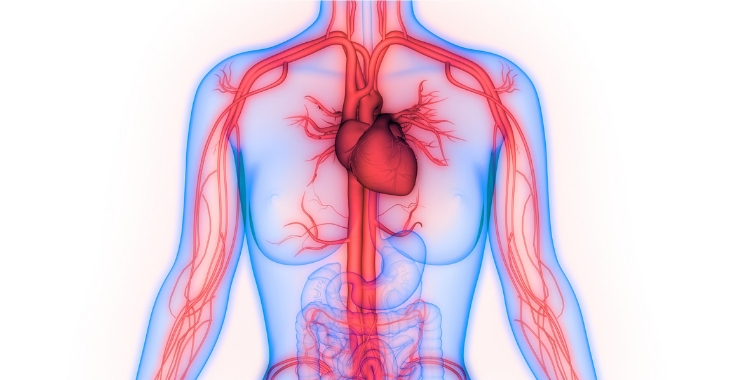The Importance of Preventative Cardiac Evaluation and Screening
Heart health is a major concern to live a long, quality life. Stroke, heart attacks and other forms of cardiovascular disease can change your life, even prematurely cause death. Many cardiovascular problems can be prevented or treated successfully, especially when identified in the early stages. Preventive cardiac evaluations and screenings can help catch cardiovascular issues and give you an opportunity to make changes to reduce your risk of heart problems.
Types of Cardiovascular Screenings
There are several different factors that are looked at when determining cardiovascular health. A comprehensive cardiac evaluation is needed to screen for different risk factors that can contribute to a heart problem. Some of the screenings that are usually performed on top of obtaining a medical history and lifestyle evaluation include:
- Body weight and BMI. Being overweight by itself is a risk factor, but even those who may not be heavy can still have a high fat body mass index (BMI) or carry their weight around their midsection or heart, increasing their cardiac risk.
- Blood pressure. High blood pressure is a significant indicator of cardiovascular risk for stroke or heart attack and must be measured to identify.
- Cholesterol levels. A fasting lipoprotein profile is normally suggested to check cholesterol levels. This means fasting before the test is taken to achieve accurate LDL and HDL levels.
- Blood glucose levels. Untreated diabetes is a high-risk factor for strokes and heart attacks. If you are overweight and have other risk factors, testing your glucose levels may be recommended.
If you want to protect your heart health, scheduling a preventive cardiac evaluation and screening with a cardiologist can give you an indication of your risk factors. Making changes to your diet, exercise routine or receiving treatment for risk factors can help protect your health and prevent many serious cardiovascular problems.
Posted on behalf of:
Corrielus Cardiology
7452 Ogontz Avenue
Philadelphia, PA 19138
(215) 383-5900
The information provided on this website, including text, graphics, images, and other materials, is intended solely for informational purposes and should not be used as a substitute for professional medical advice, diagnosis, or treatment.

)